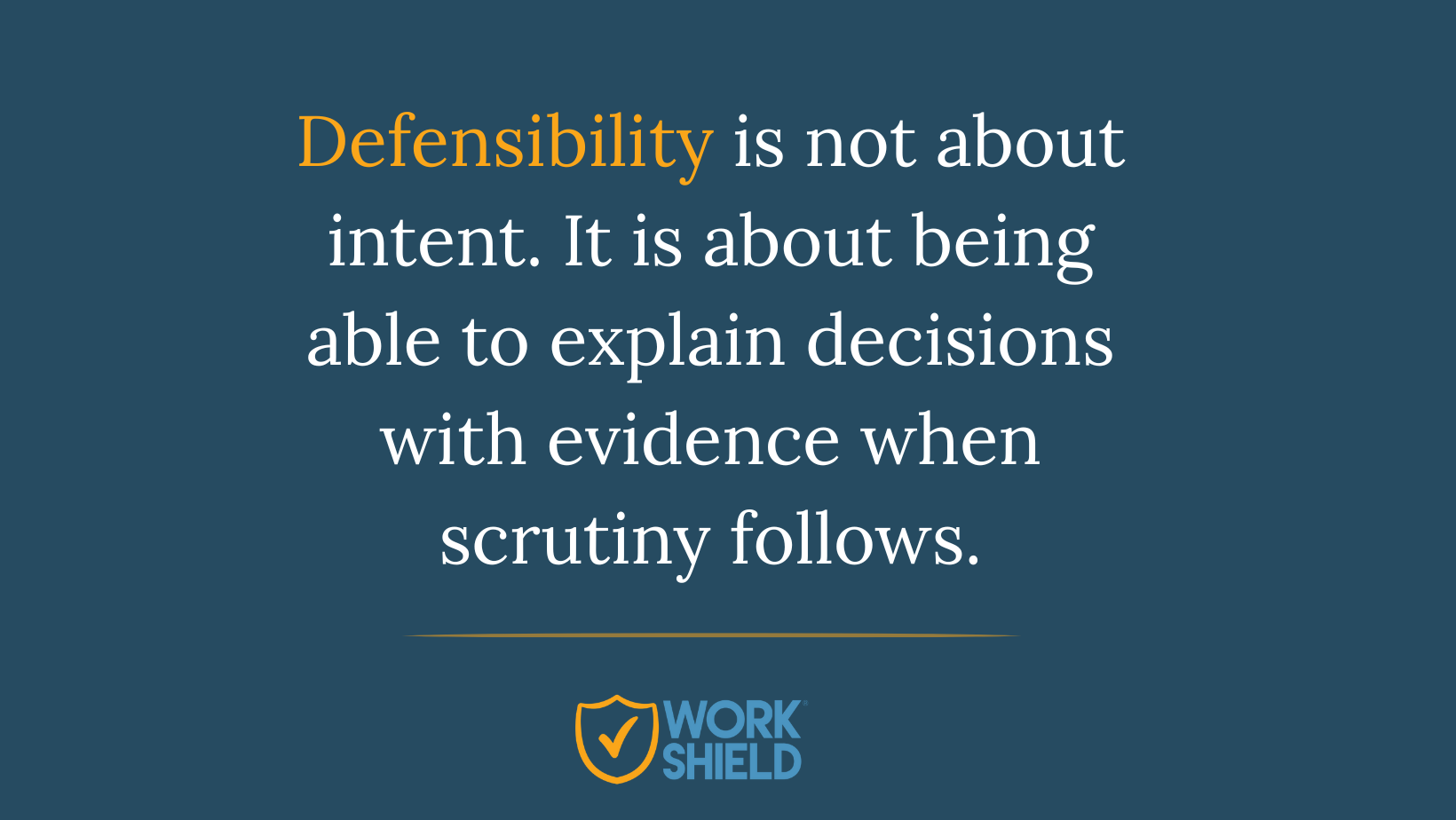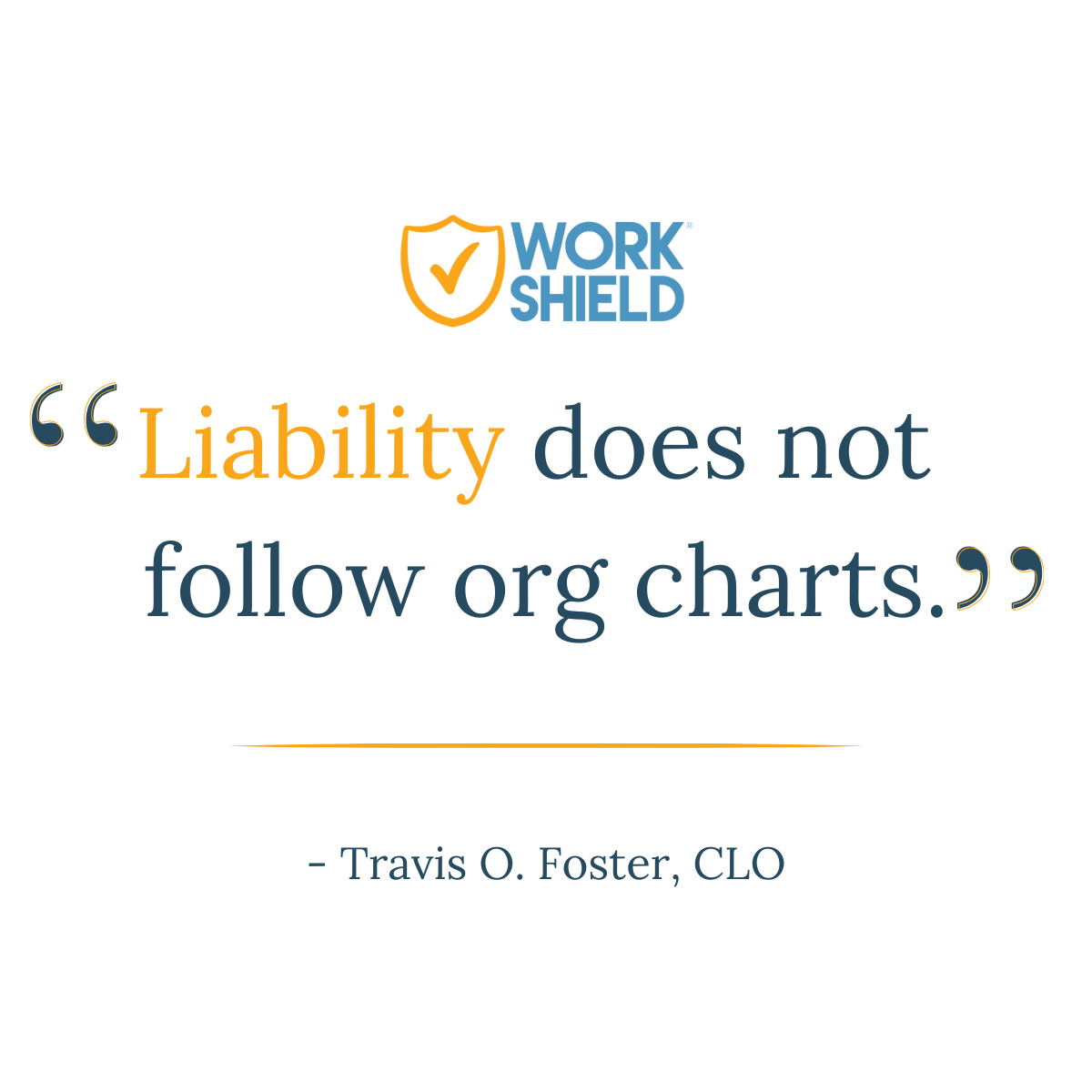Harassment and discrimination in the workplace, particularly against women, has been a consistent issue for the past 50+ years. While the Civil Rights Act of 1964 made it illegal to discriminate against anyone on the basis of sex or gender, women still experience discriminatory behavior regularly in the workplace. According to Pew Research Center, 42% of women working in the U.S. say that they have faced discrimination on the job because of their gender. Gender discrimination against women can appear in a variety of ways, including earning less than a male colleague with the same qualifications, experiencing frequent, small slights in the workplace, receiving less support from senior leadership, being denied promotions and more.
The current issues of gender discrimination have been compounded in the last year, where women, especially women of color, were more likely to be laid off or furloughed in response to the COVID-19 pandemic. As a result, more than one in four women debated downshifting their careers or leaving the workforce entirely, further driving a wedge in the gender gap in the workplace. Now more than ever, it is critical that businesses emphasize the importance of women in the workplace, particularly in positions of leadership. With gender discrimination continuing to be an ongoing issue, we’ve compiled actionable steps that employers can take to create more equitable workplaces for women.
Educate employees on gender bias
In order to uncover biases, employers must provide their entire workforce with regular education and training on discrimination in the workplace. It’s important that employees and leadership can both identify gender bias and understand how to respond to it in the workplace. In addition to providing training on how to spot and prevent gender discrimination, training should also focus on the benefits of gender equality in the workplace, including diversified talent and ideas that can ultimately improve the business’s bottom line. With regular training on how to combat gender discrimination and how to promote an equitable workplace, employers can work toward gender equality.
Evaluate and standardize gender pay gap
While businesses have made positive strides in recent years by slowly shrinking the gender pay gap, it is still a very real problem. As of 2020, women still only make 81 cents to every dollar that a man with the same qualifications makes. Additionally, the pay gap is wider for women of color, as well as women at the executive level and women in certain occupations and industries. A recent study by PayScale found that a woman with a 40-year career stands to lose $900,000 on average over a lifetime due to the pay gap. With that, it’s important for businesses to regularly evaluate salaries and benefits across the entire company. Businesses should look for any trends in order to ensure there aren’t any gaps that cannot be credibly explained.
Review internal processes
Organizations should regularly review processes like hiring and professional development to ensure that these do not include any type of gender discrimination. For hiring, organizations should carefully read and review job descriptions to proof for any terms that include overt tones towards one specific gender. To remove any unconscious bias, employers could also remove names from resumes through the review process to ensure that each applicant is not being discriminated against based on their gender. It’s also important for organizations to regularly review and update their anti-discrimination policies. With favorable court decisions broadening the scope of Title VII of the Civil Rights Act of 1964, policies can change from time to time based on new laws, and it’s critical that policies are up to date on the latest changes.
Promote women into leadership positions
By promoting women into more leadership positions, companies can improve their overall culture as well as their bottom line. Currently, only one in five senior leaders is a woman and one in 25 is a woman of color, according to McKinsey & Company’s latest Women in the Workplace study. This underrepresentation of women amongst key decision makers at companies can adversely affect women throughout the company. For example, studies show that there are fewer claims of gender discrimination when there are more women in management and leadership roles. Additionally, companies experience greater financial gains when women are part of the top leadership ranks.
Implement clear policies and resources for discrimination
In addition to taking advantage of the above methods, it’s important that employers provide clear policies and proper resources to safely and effectively report on gender discrimination. Employees should be empowered to report any type of discrimination they experience, including gender discrimination, without fear of retaliation. Solutions like Work Shield offer third-party reporting capabilities to ensure that employees’ voices are heard and that issues are resolved quickly.
Gender discrimination and inequality is a very real problem in the workplace and something that every business should consistently address and eliminate. To learn more about Work Shield’s solution to combat discrimination in the workplace, contact us here.
About Jennifer Pope
Jennifer is the Co-Founder of Work Shield, the only start-to-finish workplace harassment and discrimination reporting, investigation and resolution solution that protects employees, employers and cultures at the same time. Jennifer’s background as an attorney fueled her desire to help others. She leverages her experiences from Hewitt Associates, Thompson & Knight, and SMU’s Dedman School of Law to help employers shift the paradigm related to workplace harassment to ensure that everyone has a voice.
Connect with Jennifer on LinkedIn.





